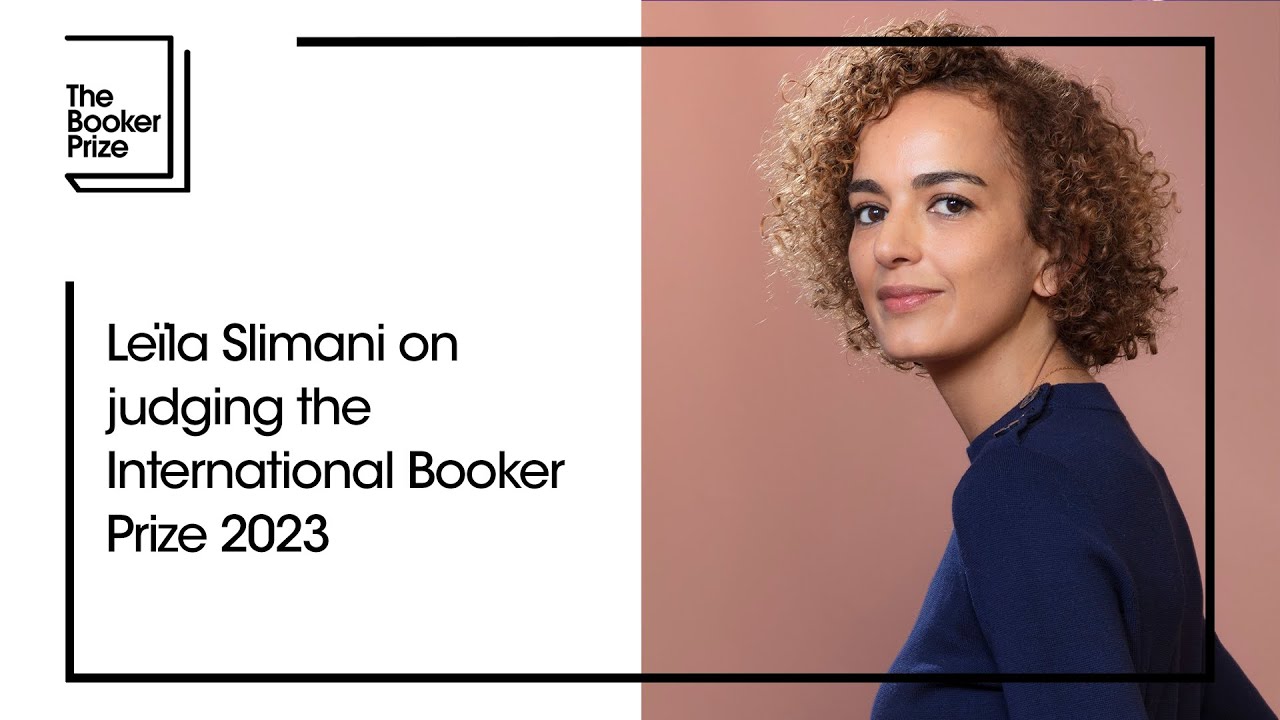
Leïla Slimani talks about her lifelong love of foreign literature - and why the International Booker Prize allows readers to interrogate both the past and the future
Leïla Slimani is a prize-winning French-Moroccan novelist and journalist. She is the bestselling author of Lullaby, one of The New York Times Book Review’s 10 Best Books of 2018, for which she became the first Moroccan woman to win France’s most prestigious literary prize, the Prix Goncourt.
Why do you think the International Booker Prize matters and what’s special about it?
This is a very important prize, perhaps now more than ever. It is an opportunity to discover books from all over the world, which tell us unique stories, which question the torments of history and the concerns of the future. It is also, and this is essential, a prize that rewards translation, and today, more than ever, we must support those who give us access to literature from elsewhere.
Tell us about your reading habits under normal circumstances. What type of books are you usually drawn to?
I have always read a lot, ever since I was a child. I read everywhere, all the time, especially novels, but my tastes are very eclectic. I have always read a lot of foreign literature, which may explain my admiration for translators. For some years now, I have also been enjoying graphic novels.
Tell us about your path to becoming a reader - what did you read as a child? Was there a book or author that made you fall in love with reading?
It was my father who introduced me to reading. He used to give me books whenever I asked him a question. One of my first literary shocks was Jack London’s Martin Eden, then the books of Alexandre Dumas. I then devoured the great French novels of the 19th century - Zola, Balzac, Hugo - and then Russian novels.

Martin Eden by Jack London
It is an opportunity to discover books from all over the world, which tell us unique stories, which question the torments of history and the concerns of the future.
Tell us about your favourite International Booker Prize-nominated book from previous years, and why you like it.
I was very happy for the award received by David Diop. I loved his book when it was published in France and I was very impressed by its translation into English. It is really an important book on French colonial history.
Judges of the Booker Prizes have to read several books multiple times. Away from this year’s prize, is there a book that you’ve re-read more than any other and, if so, what makes you keep returning to it?
Yes, it’s true that I reread Toni Morrison’s books very often. For me, they are like a haunting song, which one never tires of and which brings new emotions each time.

At Night All Blood Is Black, by David Diop, winner of the International Booker Prize 2021
© David Parry/PA MediaI reread Toni Morrison’s books very often. For me, they are like a haunting song, which one never tires of and which brings new emotions each time.
What are you particularly looking forward to or already enjoying about the process of judging the prize, and is there anything you’re not looking forward to?
What I find wonderful are these meetings between judges where we can confront our points of view. For me it is both an honour and a pleasure to be able to discuss with such brilliant readers, who always have a very fair, well-constructed viewpoint. It is extremely exciting.
What are you hoping to find in selecting books for the International Booker Prize longlist? Are there certain qualities or attributes that you’re looking for?
I think what I’m looking for is mostly emotion. To be surprised, shaken, haunted by a story and by the singular voice of an author. It’s the emotion that counts for me.

Toni Morrison,1994
© Leonardo Cendamo/Getty Images






